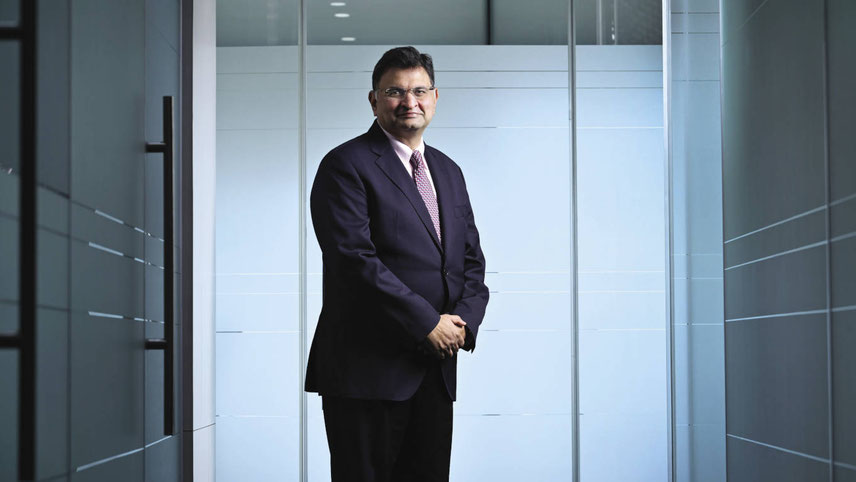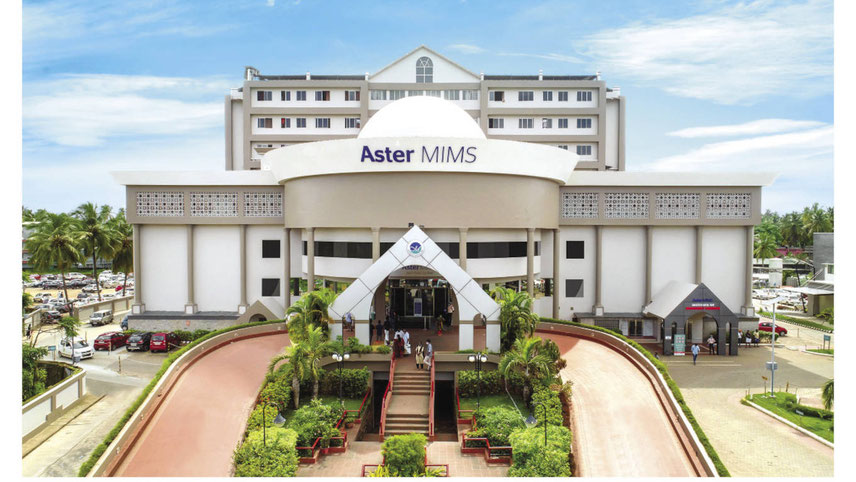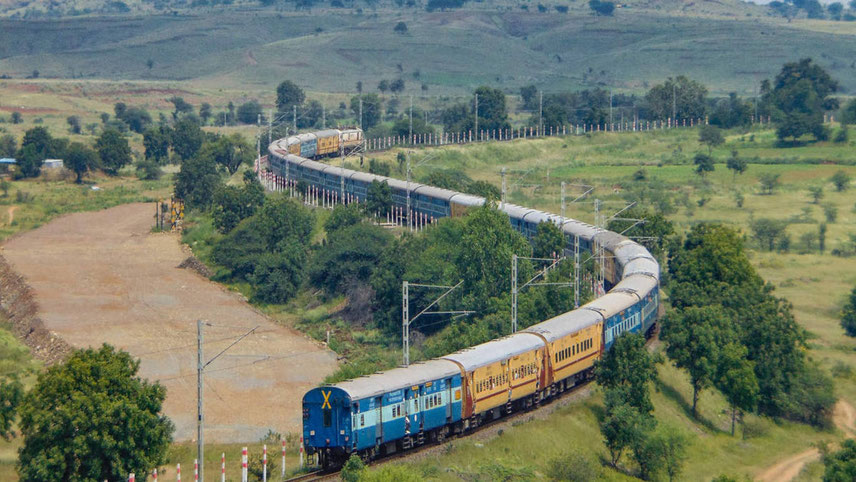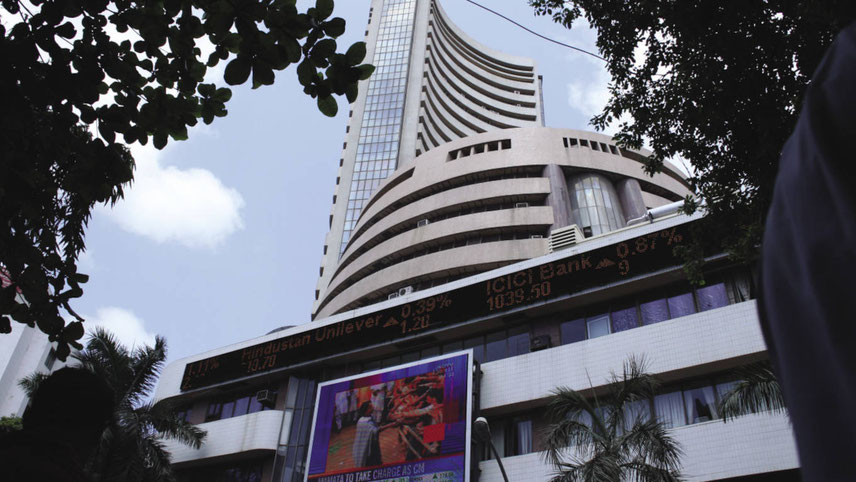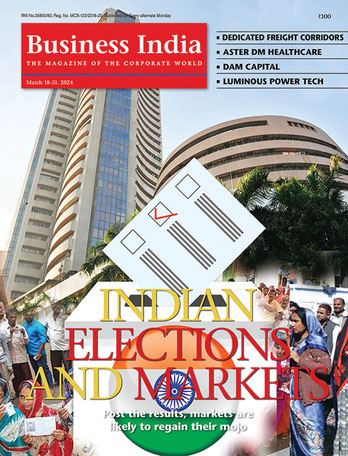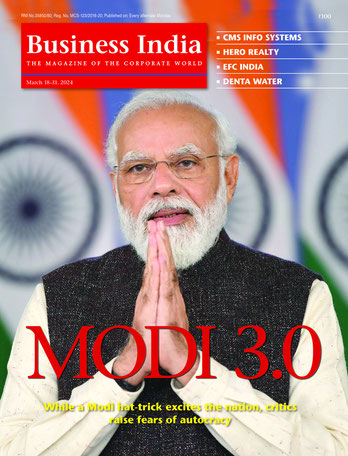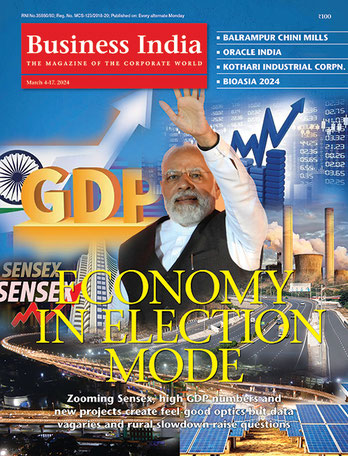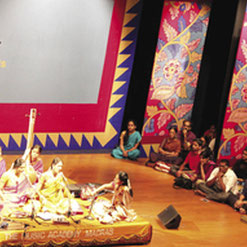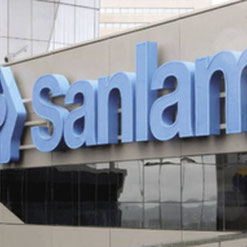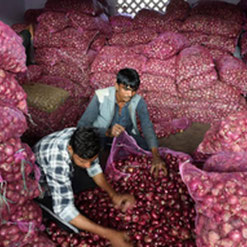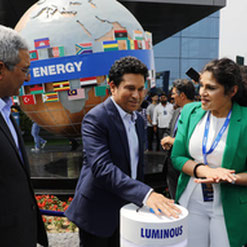Few people, whether businessmen or politicians or academics, like being criticised. And few invite critical feedback. Or for that matter welcome genuine discussion and debate. But free and frank discussions, debate, and the freedom to differ, are the marks of a strong business, strong academia and a strong society and democracy. It is powerful arguments representing different points of view that allow people to make their choice. Read cover story: Media in the age of regulation
Unfortunately, the present Government, led by Prime Minister Modi brooks little debate and even less dissent. For a government that has won large majorities in two elections, and has little opposition in sight for power at the Centre, it is surprisingly prickly and quick to take offence. Of course, it is not short of fine-sounding phrases and expressions both at home and abroad. But the reality is difficult to gloss over or hide.
This attitude is clearly reflected in the measures it has proposed and taken, particularly in respect of the media. Sadly, in the Freedom of Press Index (brought out by Reporters without Borders) India has fallen to the abysmal rank of 142 out of 180! It is easy to sneer and say that who needs certifications from foreign entities. But the truth is journalists, academics and businessmen in India, feel the same or even more strongly – though many are afraid to say so openly.
The new Information Technology (Intermediary Guidelines and Digital Media Ethics Code) Rules, 2021, pertaining to OTT platforms like Netflix and Amazon and social media platforms like Facebook, Twitter and WhatsApp as well as all Indian digital news media platforms, promulgated in February, is yet another step in the direction of controlling media and open discussion. In addition, the government, in line with the earlier Congress era legislation of foreign investment in print and TV news media, is seeking to extend the same rule to digital media. But all in the journalistic fraternity are clear that these rules will kill all free discussion and debate.
Earlier, we have seen an alarming number of cases filed for the simplest comments and posts, under sedition laws, by State Governments and the Centre, as also under the dreaded Unlawful Activities Prevention Act, 1967 (UAPA) against students, journalists and activists. No other democracy takes such drastic steps. Unfortunately, our courts too have been far too complacent in dealing with the challenges raised.
Several analysts ascribe this to the nature of the BJP. But nothing can be further from the truth. The BJP, like almost all Indian political parties, has had a history of discussion, debate and differences. On the contrary, history has shown that a high degree of centralisation ultimately leads to a downfall. Nowhere is this better seen than in the Congress Party, with all control being centralised in the Gandhi family. On the contrary inviting debate, discussion, internal elections and even dissent, only strengthens the party.
Surely, he and more importantly the BJP, are confident enough and strong enough not to need all this.
-
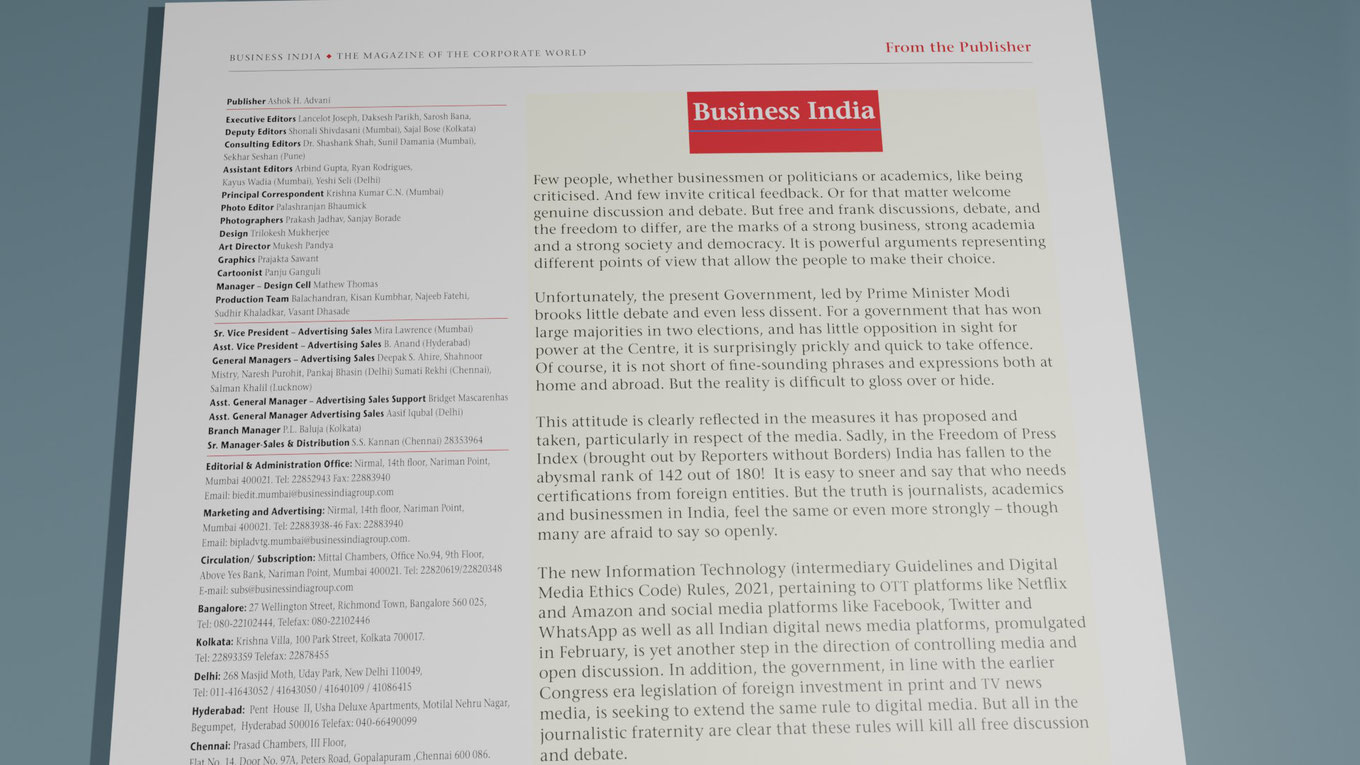
Media in the age of regulation













